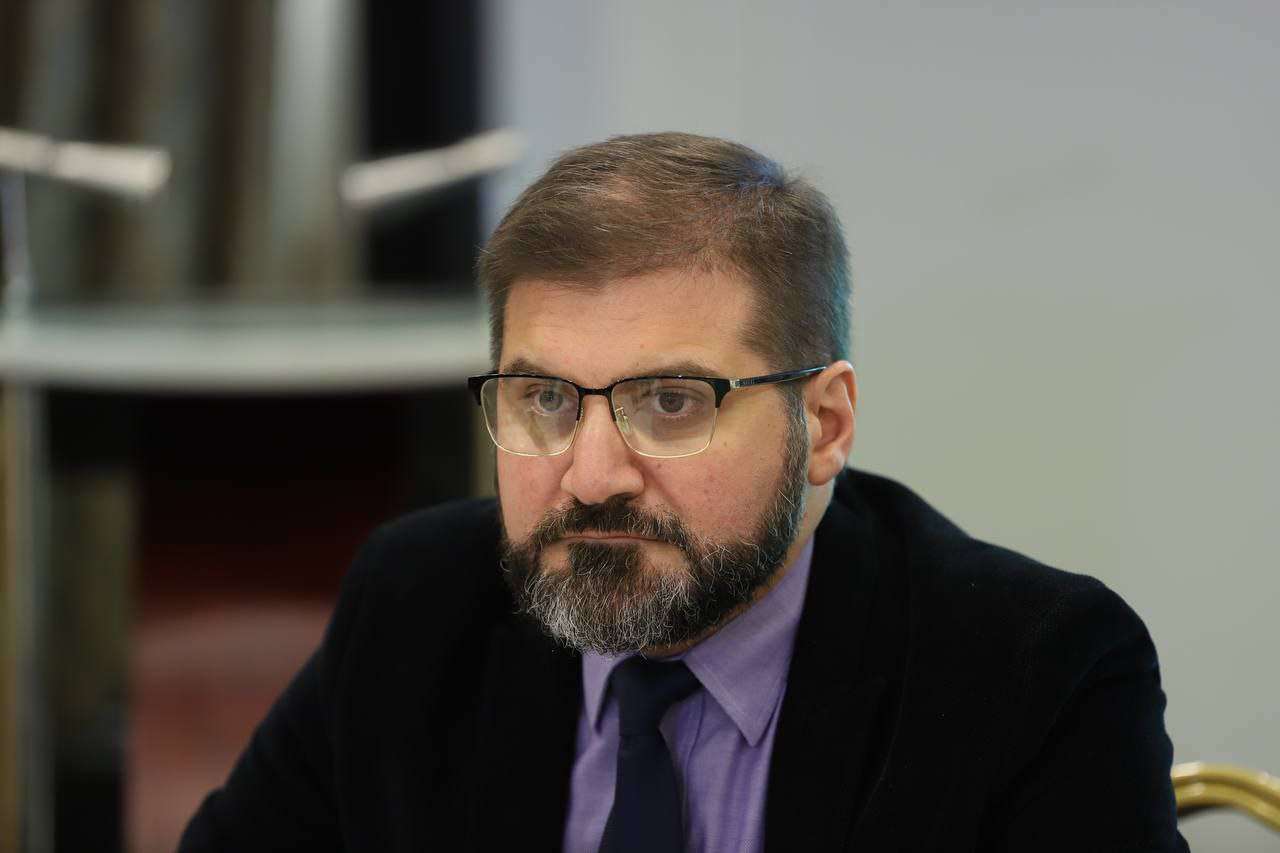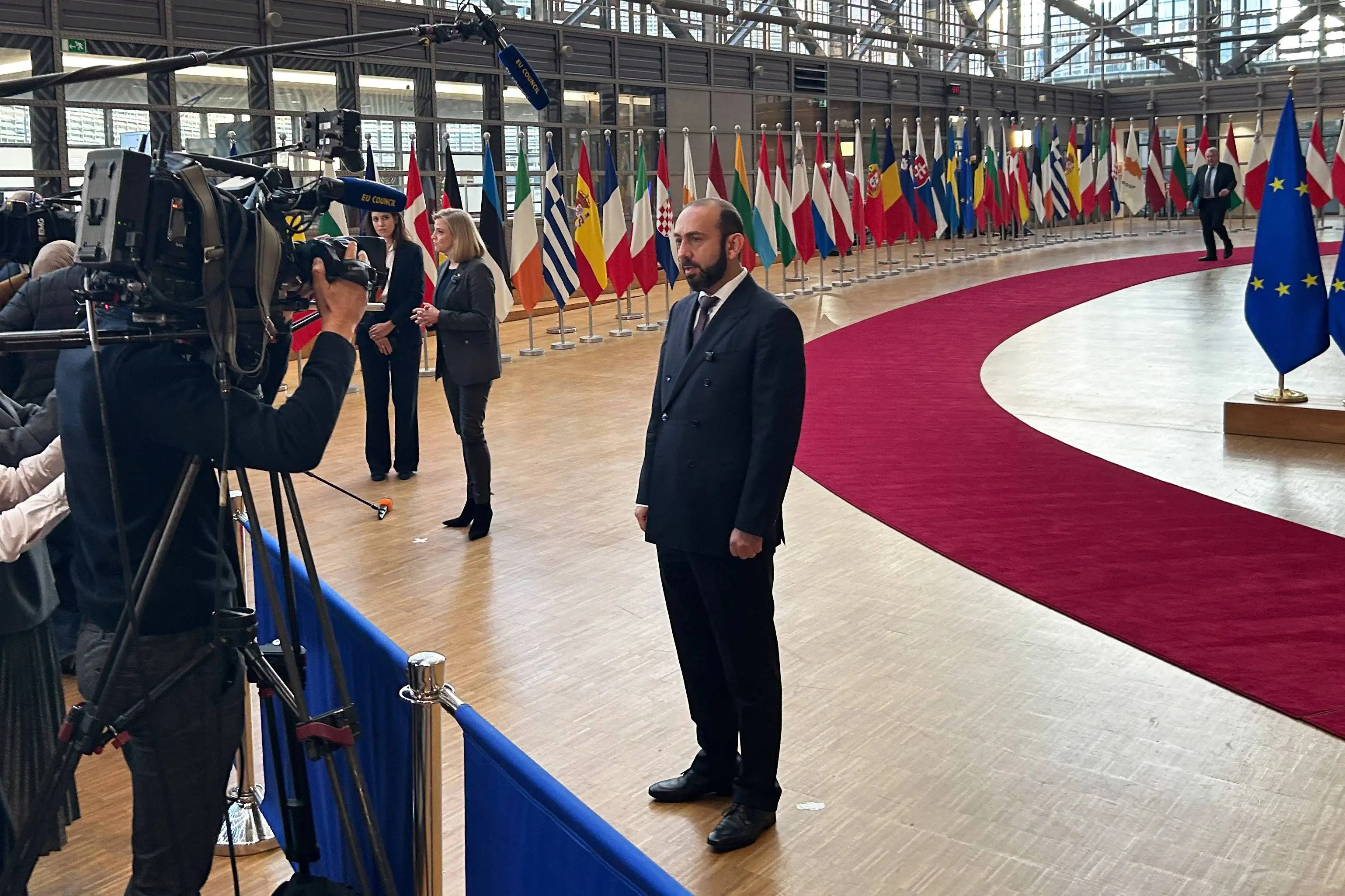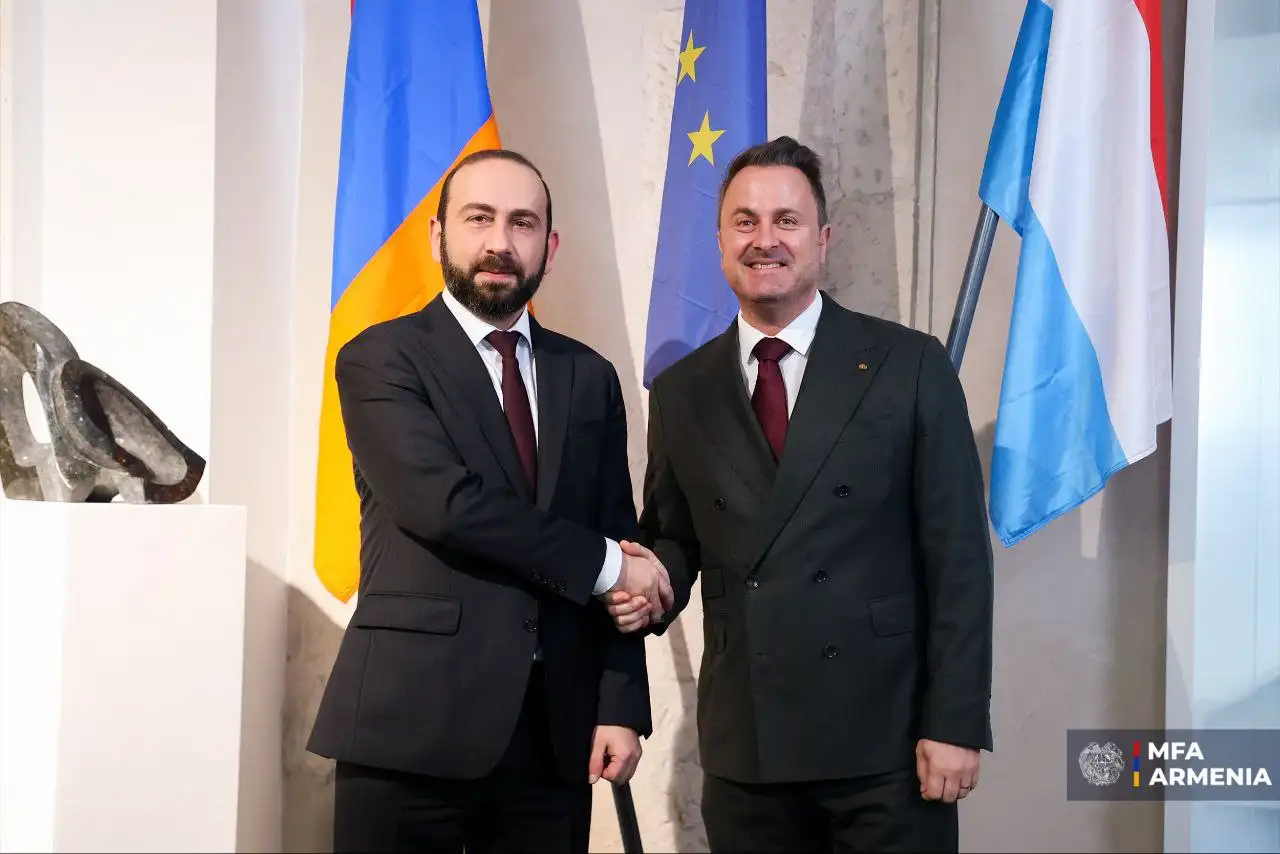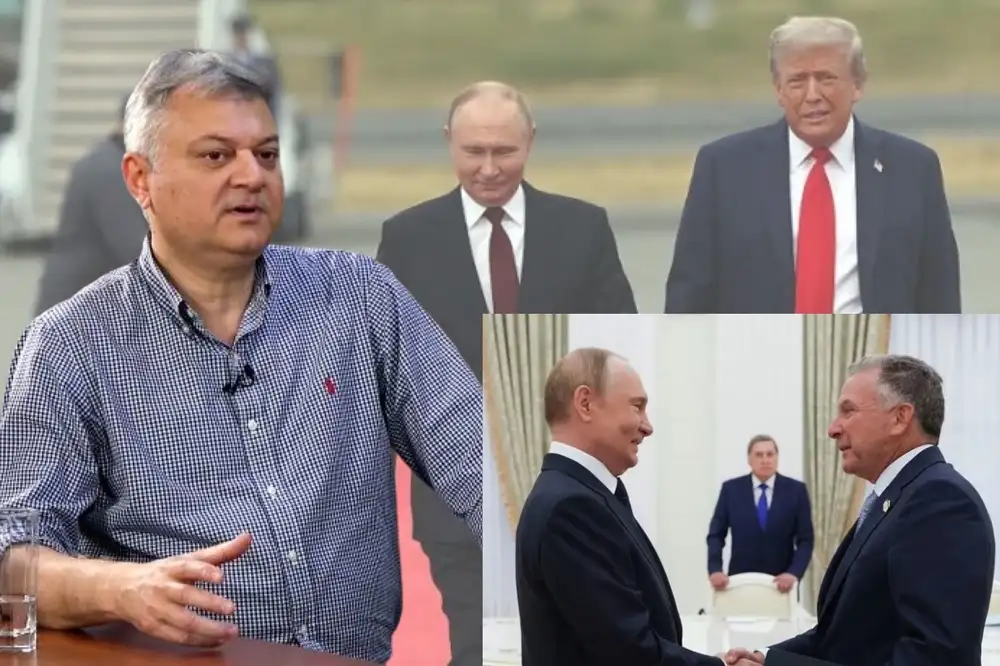The compromise "Russian rule is better than Turkish rule" undermines the concept of Armenian sovereignty. Arman Babajanyan, the chairman of the "For the Republic" party, stated this in a conversation with Radar Armenia.
- The day before, it became known that Prime Minister Nikol Pashinyan received the Russian co-chair of the OSCE Minsk Group, Igor Khovaev, the special representative of the Russian Foreign Minister for supporting the normalization of relations between Armenia and Azerbaijan. The Pashinyan-Aliev meeting in Sochi revealed Russia's policy's ineffectiveness towards settling the Armenian-Azerbaijani conflict. On November 7, after the meeting between the Foreign Ministers of Armenia and Azerbaijan in Washington, the Russian and Washington options for regulating relations were again brought to the agenda. What do you think about settlement proposals and prospects?
- I am sure there is no Washington version of the peace treaty to be signed between Armenia and Azerbaijan. There is a Russian version of the treaty on the table, which, if I am not mistaken, consists of 15 points. There is another document, the Azerbaijani version of the peace treaty known to all of us, consisting of five points, in response to which Yerevan proposed to add the sixth point related to the rights and security of Artsakh citizens. According to my information, Washington is trying to approximate the parties' positions.
I don't know why some circles, including the authorities, are so enthusiastic about the Russian version of the possible contract. No one even doubts how Russia sees the settlement of the Artsakh issue. Several times, Putin has stated that he considers Artsakh part of Azerbaijan's territorial integrity.
With the undisguised coordination and cooperation of Putin and his administration, Armenian control over Artsakh, Shushi, and Hadrut was lost in the 44-day war, and ethnic cleansing took place in territories where there was an Armenian population, including Karvachar, Hadrut, Shushi, and other settlements, with the direct participation and concession of Russia, Turkey, and hired terrorists,
After all this, it is inadmissible to have illusions that Russia has a preferable settlement option for Armenians. The Russians are using a propaganda ploy to bring forth pro-Russian sentiments among the Armenian society, which, as is known, evaporated when the Armenian reality collided with Russia's role in the Artsakh settlement.
Naturally, Russia is interested in Artsakh by extending its military presence in the settlements of Armenia and Artsakh, as well as, in general, considered by Azerbaijan as its territory. This is the long-term goal of Russia, which can become Gulistan-2. We observe that the political elite of Artsakh prefers being part of Russia to being part of Azerbaijan. This is a reality and should be taken into account. In other words, if we discuss this issue in a broader regional context and try to understand what will be the impact of such developments on Armenia, then there is no doubt that if Armenia continues to pay tribute to such speculations and such manipulative policy waves and expectations from Russia, then Armenia too will find itself in a situation where a Turkmencha treaty will be necessary after the Gulistan treaty.
- In the current situation, what alternatives do you personally see for the future of Artsakh?
- Freedom does not come from being a part of any big country; this is a false freedom and an agenda that serves interests opposed to Armenia's.
If we look at the problem from a local perspective, for the people of Artsakh, becoming part of Russia is preferable to being under Azerbaijani rule. For Armenian interests, such a prospect is as destructive as being Artsakh part of Azerbaijan. If we are talking about freedom and the long-term interests of Armenia, we must not allow the rooting and deepening of such military-political sentiments in Artsakh. We understand that Artsakh has profound public feelings towards Russia and a more favorable attitude towards Moscow. Suppose the people of Artsakh want and tolerate such a political course towards them. In that case, the best that Armenia can do for itself is to ensure a good and Armenian-centric, pro-Armenian strategic approach, which may conflict with the idea of Artsakh entering Russia.
Armenia should be able to take a strategic step and break away from the Russian swamp, even if Artsakh decides and tries to become part of Russia. By taking Armenia with it to Russia, we lose not only Artsakh but also Armenia. Artsakh can't be kept like that.
Unfortunately, a situation has arisen in Artsakh where Armenia can no longer take ownership of its fundamental and responsible problems towards the people of Artsakh. This does not mean at all that Armenia cannot do it. This question depends on the will and ability of the current government of Armenia. Armenia needs well-thought-out and quickly implemented measures within the framework of a long-term strategy, which will bring Armenia closer daily to the ability to take ownership of these problems with the full range of Armenian commitment to Artsakh. If we had understood these truths a year ago, we would have much more power today. If we don't realize this today, in 2-3 years, we will be at the same point where events are developing faster, and we can't catch up.
That is why we should be able to psychologically reject and deny the approach that joining Russia is better than entering Azerbaijan. The destructive compromise "Russian rule is better than Turkish rule" undermines the concept of Armenian sovereignty. We should not accept that, and we should not accept Artsakh being a part of Azerbaijan either. We must be able to stand up for our rights, and those who hold those rights are in a challenging ontological situation today.
Immediate steps should be taken to radically increase Armenia's defense capabilities based on the most modern developed technologies, which will allow Armenia to achieve military-political superiority over the enemy in the region, and in the case of comprehensive regional cooperation with possible partners, to have such a network of allied relations that will allow Armenia to ensure its and Artsakh's security. In this regard, we are also at a weak negotiating point to conduct constructive negotiations; expect a favorable outcome for the Armenians of Armenia or Artsakh, and, in my opinion, it would be tactically correct not to hurry in these negotiations, go to talks under the condition of any peaceful settlement, if, instead, Artsakh is not allowed to move towards the Russian orbit.
- Where do you see Armenia's fundamental failure?
- I see a reality where the current state system of Armenia cannot fully pursue and formulate the complex strategic, military-technical, economic, and infrastructural problems facing Armenia, which are vital. In this direction, not only has no problem been solved, but it has also not been formulated. To this day, Armenia is confused, unable to formulate what kind of status Artsakh wants, how it sees its armed forces, its modern technological development, the development of regional infrastructures, and its role in these infrastructures. The most it sees is supporting Russia's initiatives or ideas thrown into the field.
We see it in the context of the settlement of the Karabakh conflict and also in the issue of the unblocking of regional communications by Armenia. However, no one asks if these are not the principles and goals put forward by Armenia but by Russia, Turkey, and Azerbaijan.
- The position of the Armenian authorities has been voiced many times: there will be no geopolitical reorientation. What do you think should be done?
- The government of Armenia does not have a strategic modernization policy or a program because it always seemed to us that Armenia could best solve the two strategic threats facing Armenia - Turkish and Azerbaijani - within the framework of cooperation with Russia.
There was a vicious, distorted idea that when working with Russia, you don't need to think about the modernization of the military machine, the army. Any initiative, if it did not come from Russia, was rejected because it could cause resentment among the Russians and create a situation in which Russia would retaliate against Armenia or, as a proxy, would direct Azerbaijan to military provocation against Armenia.
The drive not to annoy or provoke Russia in any case, combined with the unjustified belief in the potential of Russia and Armenian-Russian relations, Armenia did not take a step to strengthen its capabilities. And this is the most unacceptable and unforgivable.




















